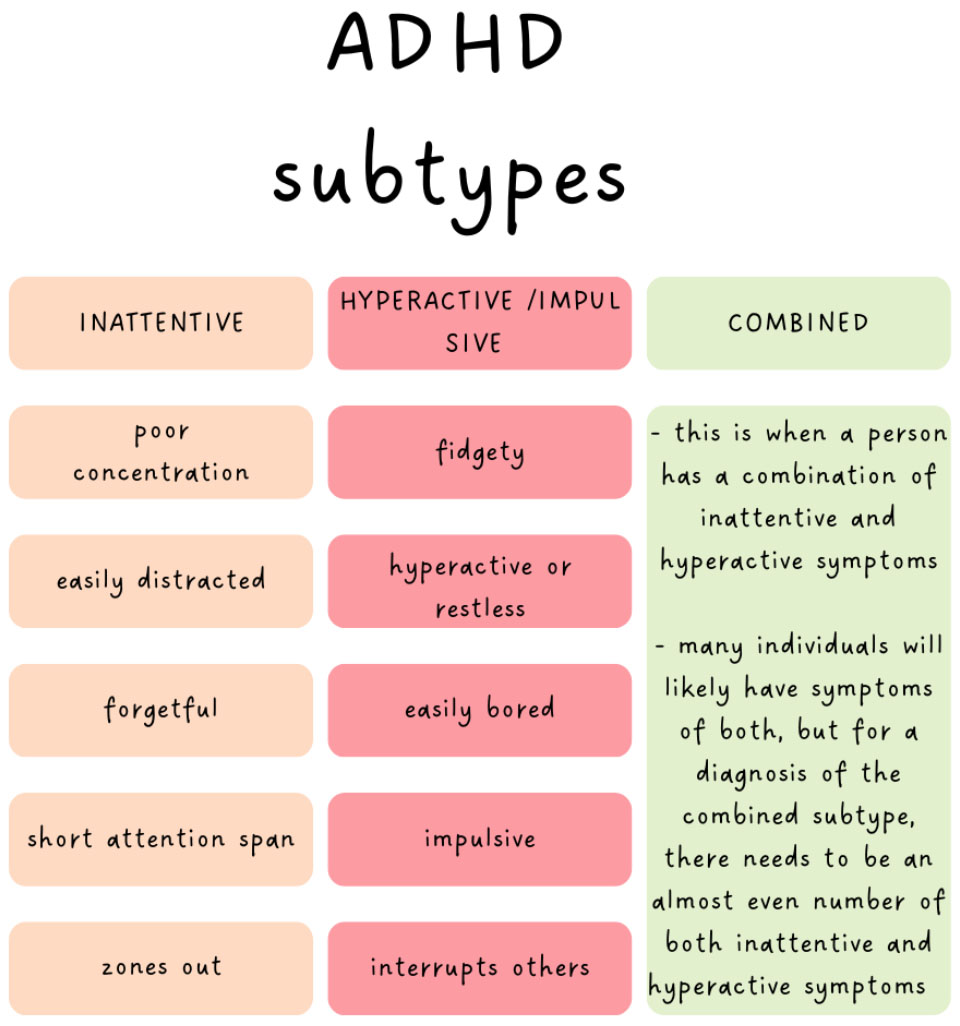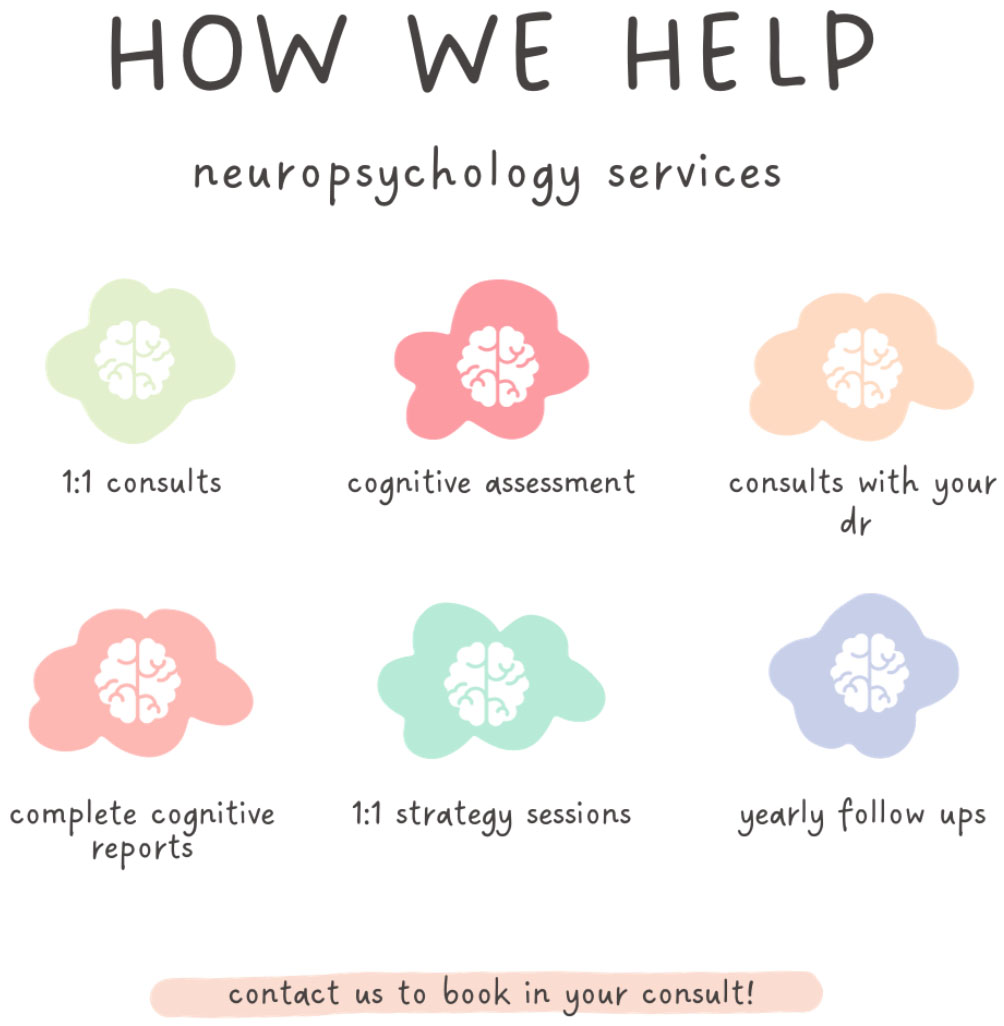Do I Have ADHD? Recognising the Signs and When to Seek an Assessment
Introduction:
Attention Deficit Hyperactivity Disorder, commonly known as ADHD, is a neurodevelopmental disorder. This means that it typically emerges during the crucial period of brain development, usually before the age of 12. According to the DSM-5 (Diagnostic and Statistical Manual of Mental Disorders, Fifth Edition), while an individual need not be diagnosed by the age of 12, the symptoms must have presented before reaching this age. ADHD can be diagnosed in childhood or adulthood by professionals such as neuropsychologists, pediatricians, or psychiatrists.
Types of ADHD:
ADHD can manifest in three different subtypes: inattentive, hyperactive/impulsive, or a combined subtype which includes both inattentive and hyperactive features.
Symptoms of ADHD:
Here’s a breakdown of the symptoms associated with each subtype of ADHD:

If you find that you experience at least five of these symptoms, and they significantly impact your daily life, whether at work, home, or school, it may be advisable to consider a cognitive assessment. This typically involves a consultation with a clinician and the completion of questionnaires. Subsequently, cognitive testing will be conducted to evaluate your attention skills, memory abilities, and reasoning capacities. A diagnosis can be confirmed if the assessment aligns with your clinical history.
Important Note: It’s crucial to remember that for a diagnosis of ADHD to be considered, these symptoms must have been present during your childhood years.
After Diagnosis: What’s Next?
If you have received a diagnosis of ADHD, several treatment options are available to you. These options include psychoeducation, cognitive remediation, and learning strategies to enhance your focus and memory. You may also explore medication as a treatment option, but this typically requires a referral to a paediatrician or psychiatrist.
The Significance of an ADHD Diagnosis:
Understanding and addressing ADHD is essential for both children and adults. In children, difficulties with focus at school can impede their learning and foundational skills, such as reading and writing. Early diagnosis and treatment can significantly improve a child’s chances of success in the classroom, leading to increased confidence and better relationships. Untreated ADHD, on the other hand, may result in ongoing underperformance at school.
For adults, receiving a correct diagnosis can be validating and relieving, especially for those who have been unjustly labeled as lazy throughout their lives. Many individuals have struggled for years with productivity, memory, and organization. A valid diagnosis can boost self-efficacy, confidence, and work performance.
A Word of Caution:
It’s important to note that ADHD can be over diagnosed. To avoid misdiagnosis, a comprehensive assessment is crucial to rule out other potential reasons for attention-related issues in children and adults. Factors such as poor sleep, iron deficiency, dietary choices, visual processing weaknesses, auditory processing problems, and anxiety can also contribute to problems with attention and focus. Therefore, accurate testing is vital in preventing misdiagnosis of ADHD.
Still Have Questions?
Feel free to reach out to me at zoe@cognitioncollective.com.au for personalised advice and assistance.


